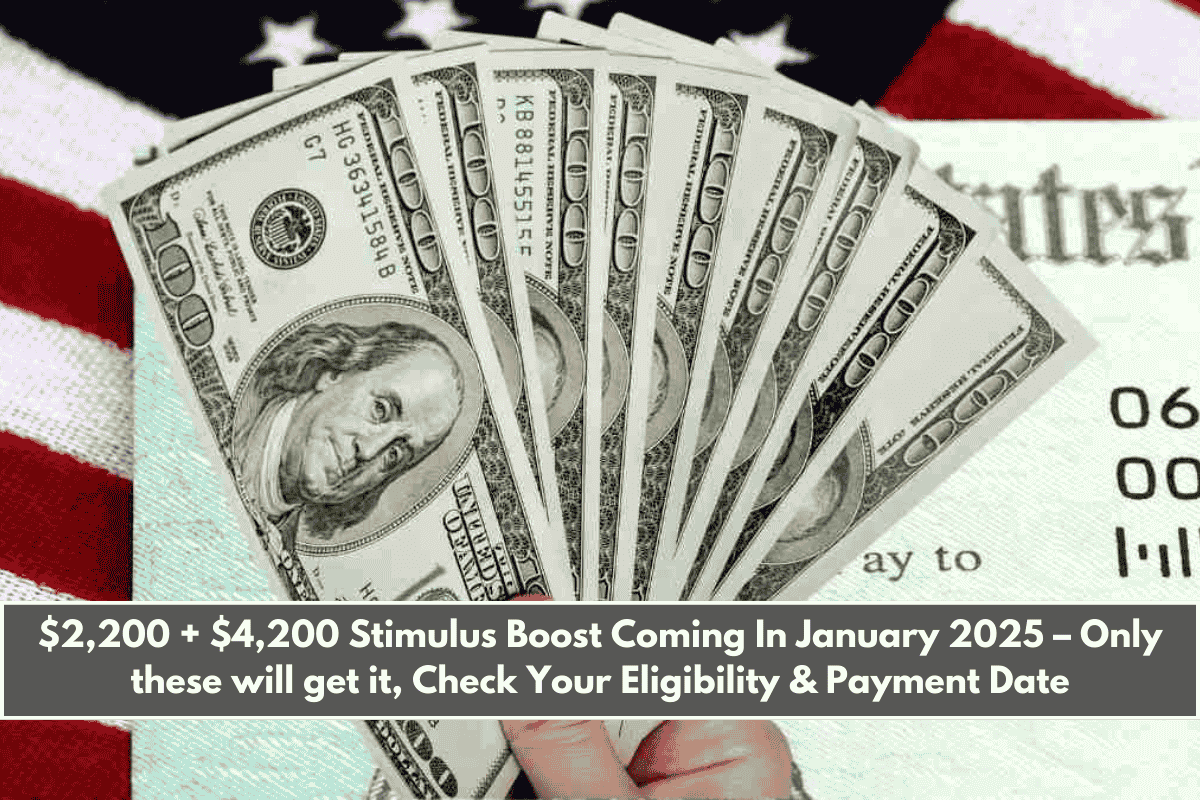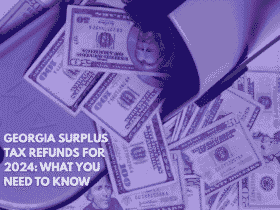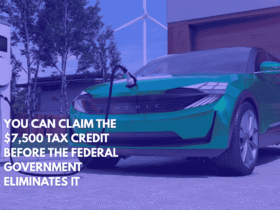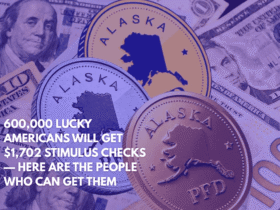If you’ve been hearing about the $2,200 + $4,200 stimulus boost and wondering what it means for you—this article will clear it up.
In simple terms, this new payment combines:
- A $2,200 Federal stimulus check
- A $4,200 State-level bonus or relief
Together, eligible Americans could get up to $6,400 starting January 2025. This boost aims to help with the rising cost of living, inflation, and other economic challenges.
What Is the $2,200 + $4,200 Stimulus Boost?
Federal $2,200 Stimulus
This part of the payment comes from the federal government to support lower- and middle-income earners facing high inflation. It’s meant to:
- Cover essential costs like groceries, fuel, and healthcare
- Help working families and fixed-income individuals
State $4,200 Stimulus
This is an additional relief depending on where you live. Each state has its own rules. Some provide:
- Cash rebates
- Tax refunds
- Bonuses for essential workers
- Property tax credits or energy relief
So, your state payment amount and rules may be different based on location.
Eligibility: Who Can Get the Stimulus Payments?
Federal $2,200 Stimulus
You may qualify if:
- Single: Earn less than $75,000 annually
- Married (Joint Filing): Combined income under $150,000
- Head of Household: Income below $112,500
Dependents: If you have children under 17, you might get extra payments per child—just like the child tax credits earlier.
Also eligible:
- Social Security and SSDI recipients
- Non-tax filers, if other requirements are met
State-Level $4,200 Stimulus
Each state has its own program. Here’s a quick look:
- California – Up to $1,050 in rebates for middle-income families
- Florida – Up to $4,200 bonuses for teachers, nurses, and first responders
- New York – Property tax rebates and renter support
- Other States – Varying programs based on energy, housing, or income relief
Check your state’s official website for exact details.
How to Check If You’re Eligible
Step 1: Review Your 2024 Income
Use your most recent tax return to check your Adjusted Gross Income (AGI). If it’s under the income limits, you’re likely eligible.
Step 2: Confirm State Residency
For state payments, you usually must have lived in the state for at least 6 months. Some programs require proof like rent agreements or utility bills.
Step 3: Use Eligibility Tools
Go to:
- IRS.gov for federal eligibility
- Your state’s tax department website for local programs
Step 4: File Your Taxes Early
Filing your 2024 return early will help you:
- Get paid faster
- Avoid errors
- Claim all dependents and credits correctly
Step 5: Keep Your Info Updated
Make sure your bank details and mailing address are correct with the IRS and your state.
When Will the Payments Arrive?
| Payment Type | Date |
|---|---|
| Federal ($2,200) | Starting January 15, 2025 |
| State ($4,200) | Varies by state (some monthly, some lump sum) |
Tip: Set up direct deposit to get your payment quickly and avoid delays.











Leave a Reply